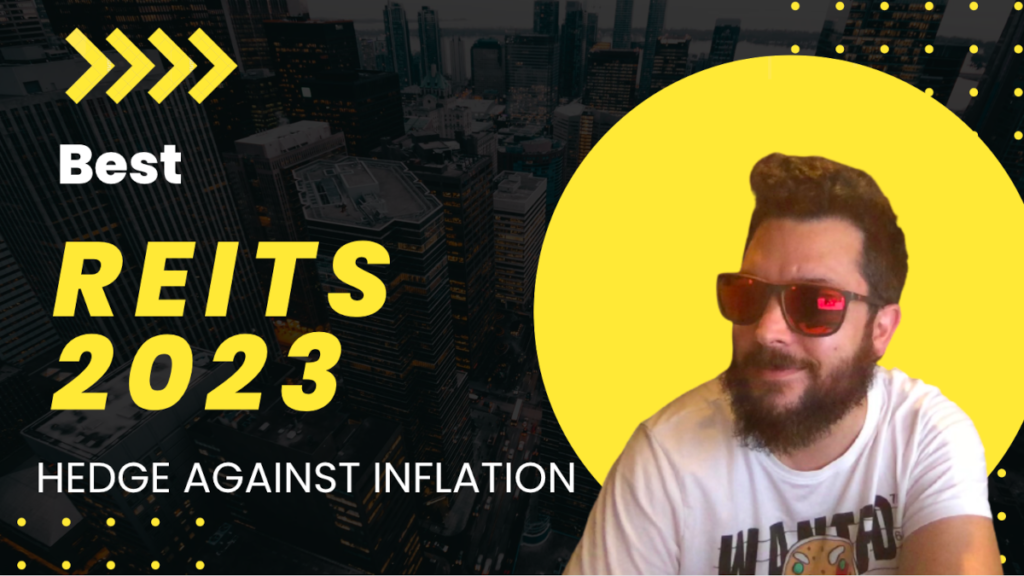If you’re looking for the best REITs for your investments in 2023, don’t overlook Real Estate Investment Trusts. REITs are companies that generate passive income, such as shopping centers, apartment buildings, and industrial parks.
Some REITs invest in residential or commercial mortgages and related real estate assets. By investing in a REIT, you can own real estate without having to buy and maintain it yourself.
As a reminder that I’m not a Financial advisor and this article is not financial advice.
Summary
- Defensive sectors such as healthcare and self-storage, as well as sectors with tremendous pricing power such as industrials, offer investors an attractive entry point through 2023.
- Of all sectors, however, office real estate continues to offer one of the highest risk-reward ratios.
- Despite their attractiveness as income-producing investments, rising interest rates have provided investors with more risk-free alternatives than in previous years.
Will 2023 be a good year for REITs?
With the economy reopening in Q4 2022 implied cap rate for hotel REITs has been normalized. Even as the market decline in the first half of 2023 largely reverses the market gain in the second half of 2023, most REIT properties are still trading lower than in the previous year.
Updated: Here are some of the best REITs to buy in 2023, as it appears to Morningstar.com analysts:
| REIT | FORWARD DIVIDEND YIELD | IMPLIED UPSIDE OVER JUNE 15 CLOSING PRICE |
| American Tower Corp. (ticker: AMT) | 3.3% | 15.8% |
| Public Storage (PSA) | 4.2% | 13.3% |
| Crown Castle Inc. (CCI) | 5.5% | 19.8% |
| Simon Property Group Inc. (SPG) | 6.7% | 35.2% |
| Realty Income Corp. (O) | 5.0% | 24.1% |
| Welltower Inc. (WELL) | 3.0% | 22.3% |
| Digital Realty Trust Inc. (DLR) | 4.6% | 28.1% |
| AvalonBay Communities Inc. (AVB) | 3.5% | 26.5% |
| Equity Residential (EQR) | 4.0% | 32.6% |
Takeaway best REITs 2023
Generally speaking, Real estate investment trusts can be volatile in terms of their stock price and dividends. real estate has a tendency to hedge against inflation, which makes it attractive during times when stocks aren’t.
And since REITs offer both income and price appreciation, they could find a place in your portfolio.
What is a real estate investment trust?
Real Estate Investment Trust is one of my favorite investments, especially within my Roth IRA.
REITs are a great way to add real estate to your portfolio and also offer high yields. Whether you’re new to REIT stocks or already familiar with them, stay tuned throughout this article because today we’re going to talk about the best REIT stocks for long-term wealth building.
Table of Contents
- What is a real estate investment trust?
- Which REITs Pay High Dividends?
- What to Look for When Choosing The Best REITs
- Will 2023 be a good year for REITs?
- Takeaway best REITs 2023
The best REITs to own in 2023 for the long term. There are many REIT sectors, for each of these REITs, I’ll give you brief information about what the REIT does, what it focuses on, market performance, market capitalization, its dividend yield, and its payout ratio,
along with some dividend growth statistics that might come from that information.
Which REITs Pay High Dividends?
Here are some high-dividend REITs that are worth considering in 2023:
VICI Properties
Simon Property Group
Avalon Bay communities
WP Carey – WPC WP
Realty Income
Stag Industrial
PennyMac Mortgage Investment Trust
American Tower
Sabra Health Care REIT Inc.
Best REITs 2023
VICI Properties

It Properties is a hotel and gaming ride company that owns entertainment facilities such as Caesar’s Palace, MGM, Grand Luxor, Mirage, The Venetian, New York, and many others along the Las Vegas Strip and throughout the United States.
it’s the largest landlord on the Las Vegas Strip
Its market capitalization is currently $31 billion.
Its dividend yield is currently 4.9 percent, its payout ratio is 73 percent and its dividend has increased 10 percent annually over the past two years.
Simon Property Group
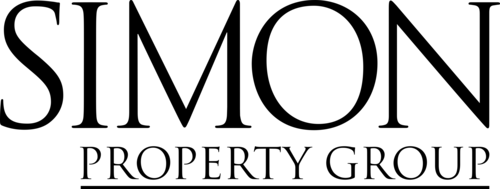
World’s largest owner of malls in the United States. The company owns both indoor and open-air malls and premium outlet centers in north and south America.
the company owns the best-performing malls in the world with high retail sales per square foot.
Many of the malls ceasing operations, which means retail sales per square foot of tenants will continue to decline, and that’s exactly how the malls’ portfolios are ranked it currently has a market cash flow of $43 billion.
27.7 percent, the company has a very juicy dividend yield of 6.2 percent and a very low payout ratio of only 60 percent.
the dividend was cut by 38 percent during the global pandemic in 2020 but has since increased by 38 percent with three consecutive quarters of growth.
Avalon Bay communities
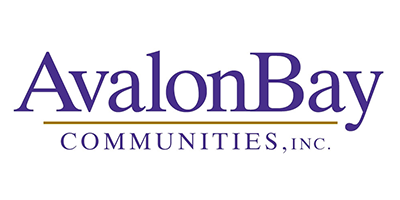
it’s one of the two largest apartment REITs in the U.S. today.
Avalon Bay operates in major markets such as New England, new york, the pacific northwest, and California, with growing numbers of people and higher incomes.
the company has more than 270 apartment communities in 12 different states with high demand and occupancy rates consistently above 95 percent.
it currently has a market capitalization of $23 billion.
the dividend yield is currently 3.9 percent and the payout ratio is low at 62 percent.
WP Carey – WPC WP
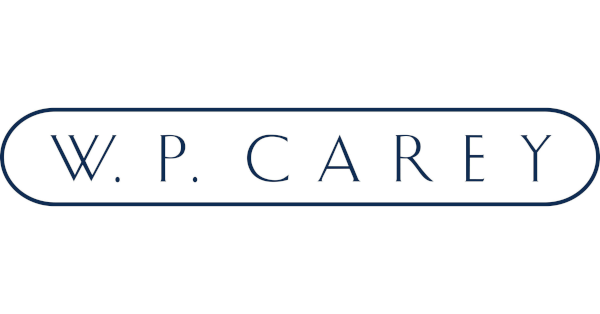
Carey is a net leasing company with a focus on warehouse and industrial properties, which make up 51% of its total portfolio, and has slowly moved away from office properties.
the company is also active in self-storage (extra space storage), which is another interesting sector.
U-Haul is the largest tenant of the company, which currently has a market cap of $16 billion.
the company has a dividend yield of 5.4 percent and a payout ratio of 83 percent. The company has increased its dividend for eight consecutive years.
Realty Income
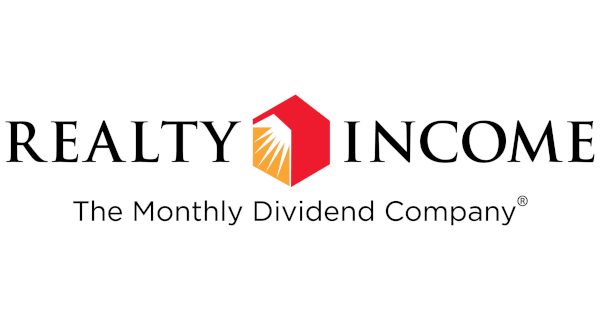
It’s one of the best when it comes to REITs, they’re a retail-focused net lease has a very Diversified portfolio of properties. They also focus on high-quality tenants, with the majority of their tenants being investment-grade. They also have a very strong capital structure, pay a monthly dividend and call themselves the monthly dividend company.
The company has a market cap of $39.6 billion. Major tenants include CVS, 7-Eleven, and Home Depot.
Currently pays a dividend yield of 4.7 percent and has a payout ratio of 75 percent. We’ll also see higher payout ratios for REITs, as they must distribute at least 90 percent of their taxable income to qualify as a REIT.
It has now increased its dividend 25 years in a row, making it one of the few REITs to receive the coveted dividend.
Stag Industrial
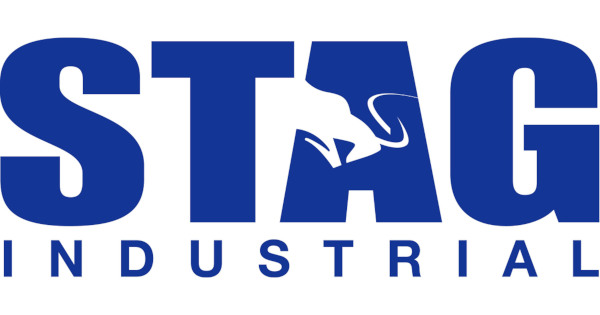
as you probably guessed, it’s an industrial real estate riding company that, like Realty Income, pays a monthly dividend.
STAG Industrial owns real estate throughout the U.S. with over 500 buildings in 40 states and has diversified geographically. Stack has consistently increased its dividend while lowering its payout ratio, something many fail to do.
they’re combining their acquisition strategy to continue to grow and expand their portfolio while maintaining rent growth.
STAG Industrial currently has a market capitalization of six billion dollars. It’s a dividend yield of 4.6 percent with a very low payout ratio of 67 percent, and its monthly dividend has increased for 10 consecutive years.
PennyMac Mortgage Investment Trust
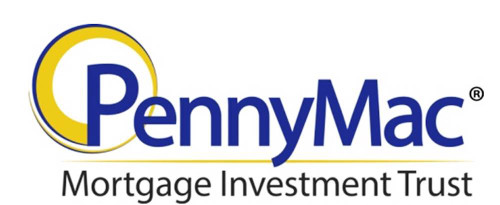
It Trust invests in residential mortgages, mortgage servicing rights, mortgage-backed securities, and hedge investments that relate to these. The company works with prime credit quality loans that are newly originated.
PennyMac has a forward dividend of $1.88, and a yield of 15%. The stock closed at $15.65 on Nov. 25 and has traded between $10 and $20 over the past 52 weeks.
American Tower
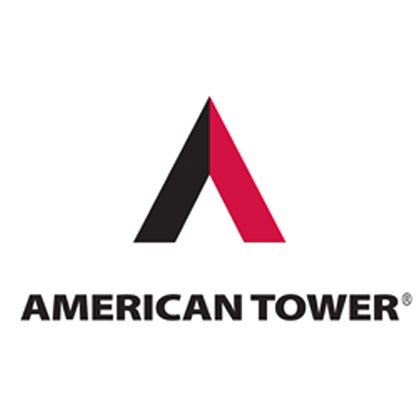
it’s a cell tower that’s being fought over by all the wireless carriers, e.g., Verizon and T-Mobile.
They’re all fighting to get consumers to use their services, but at what price, that’s cut into the profit margins of these companies and increased the cost of acquiring customers.
Instead, they own the infrastructure behind these providers, which is necessary to make the services work, and which will grow even more with the rollout of 5G in the U.S. and internationally
American Tower builds cell towers and leases them to wireless operators.
the company is one of the largest REITs on the market, with a market capitalization of $94 billion.
the company has a dividend yield of 4.9 percent and a payout ratio of 73 percent. In the last 10 years, AMT shareholders have received dividend increases every year.
Sabra Health Care REIT Inc.
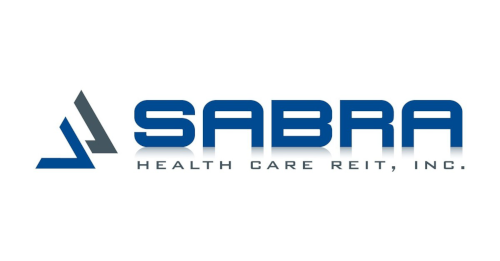
Sabra operates nearly 450 specialized health-care properties, skilled nursing centers, and senior living facilities with more than 40,000 beds.
Healthcare costs tend to be very reliable and recession-proof, so SBRA was down about 30% this year through Nov. 4, even as the rest of Wall Street struggled.
Things look good for the future as well: Recent quarterly results beat expectations on funds from operations – the key cash flow metric that most REIT investors watch.
The quarterly dividend of 30 cents also yields a huge return, currently about four times that of the S&P 500 Index it has a Dividend yield of 7.8%
Sabra’s share price is down significantly and their fair value of $12 while writing this article.
What to Look for When Choosing The Best REITs 2023
While publicly-traded REITs are bought and sold on the stock market like any other publicly-traded company, REITs are a unique asset class that needs to be analyzed differently than other stocks.
Balance Sheet
REITs must borrow heavily to finance the properties they acquire. This is especially true because REITs must distribute 90% of their taxable income to shareholders in the form of dividends. As a result, REITs don’t have the ability to hoard a lot of cash.
However, it’s important that you make sure the REIT you’re investing in doesn’t have too much debt. The easiest way to do this is to compare your total debt to your earnings before interest, taxes, depreciation, and amortization (EBITDA). This is called the debt-to-EBITDA ratio.
Funds From Operations
If you know anything about stocks, you’re probably familiar with terms like earnings per share (EPS) and price-to-earnings (P/E) ratios. However, these ratios aren’t very helpful when you’re looking at a stock REIT.
To understand the true cash flow of a REIT, you need to look at funds from operation (FFO). Since real estate is a depreciable asset, the reported net income of a REIT includes a significant depreciation expense. It also includes capital gains and losses from the sale of real estate, which don’t reflect what investors can expect from the company on a consistent basis.
Dividends
One of the biggest advantages of REITs is their dividends. On average, REITs pay out significantly higher dividends than most other dividend stocks
However, you should be careful not to fall into a yield trap. Some REITs may increase their dividend payments to an amount they can’t sustain in order to attract or retain shareholders. But they may also cut the dividend only after their FFO has dropped. In either case, buying a REIT with a dividend that can’t be maintained is a quick way to lose money
To find out if a REIT’s dividend is safe, you should look at its FFO payout ratio. This compares the company’s FFO per share to its dividend rate.
